Since 9/11, Washington has spent billions of dollars promoting “democratic norms” abroad. The policy mirrored the late Soviet Union’s attempts to promote communism in countries outside Moscow’s direct control, as witnessed under the leadership Leonid Brezhnev. And now at last it appears to have ended, following Donald Trump’s executive orders and yesterday’s State Department takeover of the United States Agency for International Development.
This American Brezhnev policy has had a kind of Alice-in-Wonderland effect: democratically elected leaders such as Ukraine’s ill-fated Viktor Yanukovych could be violently overthrown in the name of democracy. Over the past quarter century, countries such as Ukraine, Armenia, Georgia and Romania, have at one time or another been deemed insufficiently “democratic” (i.e. insufficiently in thrall to the dictates of Washington) and thus found themselves the target of sanctions and none-too-subtle propaganda campaigns. Under Joe Biden, such efforts were redoubled as “protecting democracy” became the leitmotif of American strategy at home and abroad.
Brezhnev 2.0 would not be possible without the scores of “independent media” outlets that receive funding from agencies such as USAID or from the constellation of “non-governmental organizations,” or NGOs, such as the National Endowment for Democracy, Freedom House, the National Democratic Institute and the International Republican Institute. NED’s first president, Allen Weinstein, famously bragged that “a lot of what we do today was done covertly twenty-five years ago by the CIA.” Now Donald Trump has frozen all manner of foreign assistance. And by defunding media projects, Trump has deprived Washington’s empire builders and their disciples of a crucial weapon in their project of overthrowing regimes deemed insufficiently pliable.
Trump’s funding freeze is one of those rare occasions when the prerogatives of the national security state are actually being challenged. As expected, the media is going bananas—after all, in the US, the priorities of the media and the national security state are often one and the same. Doubt it? Consider the current smear campaign aimed at former congresswoman Tulsi Gabbard conducted by the Washington Post’s David Ignatius, the New York Times editorial board and Rupert Murdoch’s Wall Street Journal.
If American media outlets can be relied on to tee up the propaganda at home, government-and NGO- funded media outlets carry Washington’s water abroad. Allegedly independent media outlets such as CivilNet in Armenia, New Voice of Ukraine, the Kyiv Post and Magyar Hang in Hungary exist not because of domestic demand, but because they serve Washington’s political agenda.
Events over the past few months in the Republic of Georgia are illustrative. In October last year, Georgia’s pro-Western political opposition tried to overturn the results of a parliamentary election. A nexus of US-backed NGOs and independent media worked to help those pro-Western agitators. As a report published by the anti-interventionist think tank The Quincy Institute noted:
The NGO sector in Georgia is heavily Western-funded, with more than 90 percent of all funding for NGOs and civil society organizations coming from international donors or foreign aid, mostly linked to the EU or US… The perspective of NGO-linked commenters has had an outsize effect on Western media and government perceptions of Georgian affairs. All too often, key EU and US figures have relied uncritically on the nexus of Western think tanks and Georgian NGOs for much of their analysis.
In other words, Washington-funded “independent” journalists seek out Washington-funded analysts to explain what is happening in the country. American newspapers then follow up on these stories, feeding the Washington line back to their readers. This then informs the decisions of those in Washington, who feel they need to support pro-Western and pro-American voices on the ground. This a feedback loop, one in which the truth becomes utterly distorted.
In Ukraine, Trump’s funding freeze was met with alarm. A Kyiv Post headline blared, “USAID Funding Halt Leaves Ukrainian Media Seeking Support.” The accompanying article was admirably straightforward about the extent of USAID’s activities there, noting that:
Following USAID’s announcement, various Ukrainian and cultural projects have announced that they are suspending work or reducing staff due to the termination of funding.
The pattern repeats itself all across the Eurasian landmass, where China has emerged alongside Russia as the focus of the regime-change fantasists in Congress. Notably, this past September, Congress stepped up its Cold War culture war against the People’s Republic of China with the passing of HR-1157, otherwise known as the Countering the PRC Malign Influence Fund Authorization Act. The act appropriates a staggering $325 million annually through 2027 in order to, among other things, “support civil society and independent media to raise awareness of and increase transparency regarding the negative impact of activities related to the Belt and Road Initiative.” As one genuinely independent analyst pointed out , the amount of US government funding for anti-China messaging provided in the act amounts to roughly twice the annual operating budget of CNN.
In the end, Trump’s funding freeze challenges the long held notion that it is Washington’s right — as well as its duty—to act, through subterfuge and violence, in the manner of a Soviet commissar. That’s really what all the fuss is about.



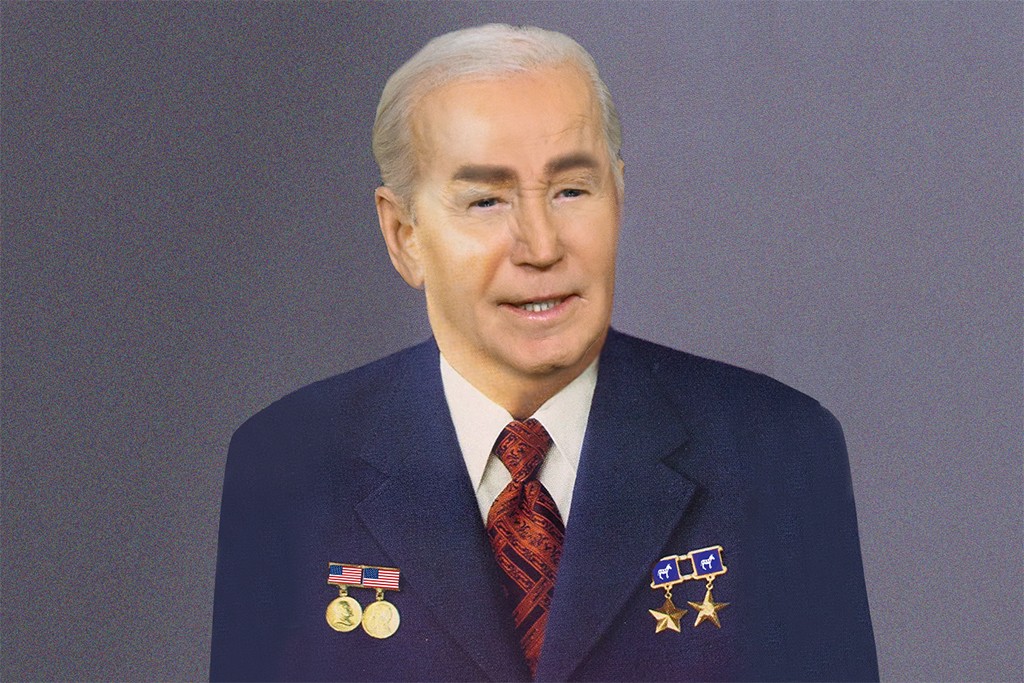







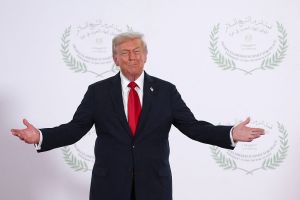
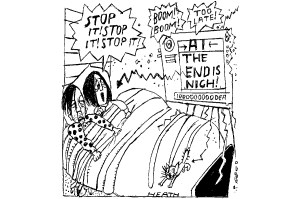
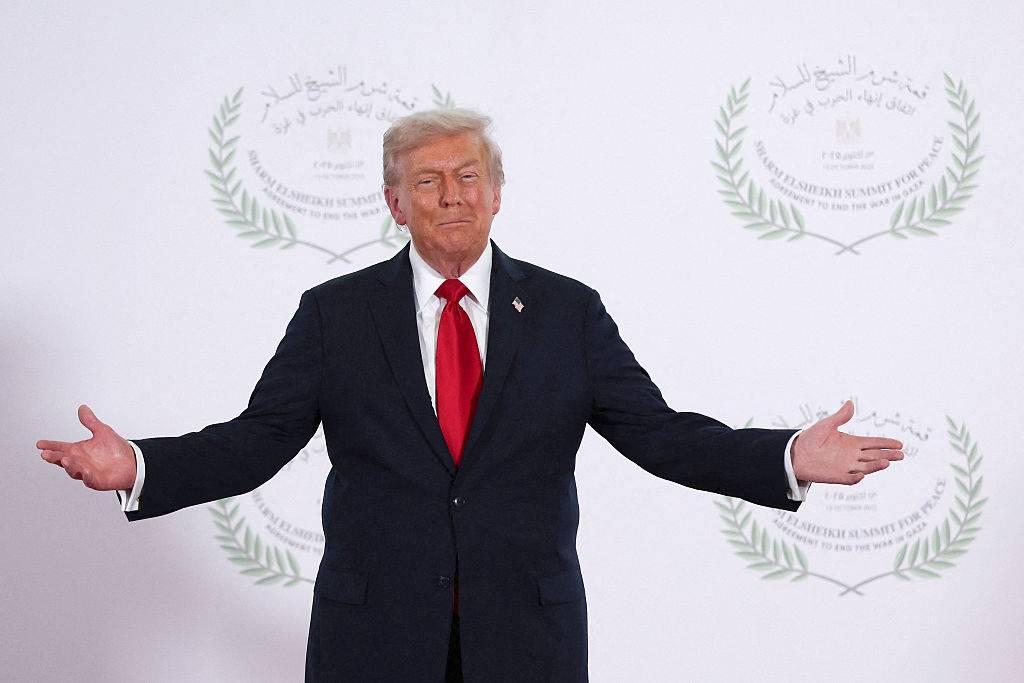
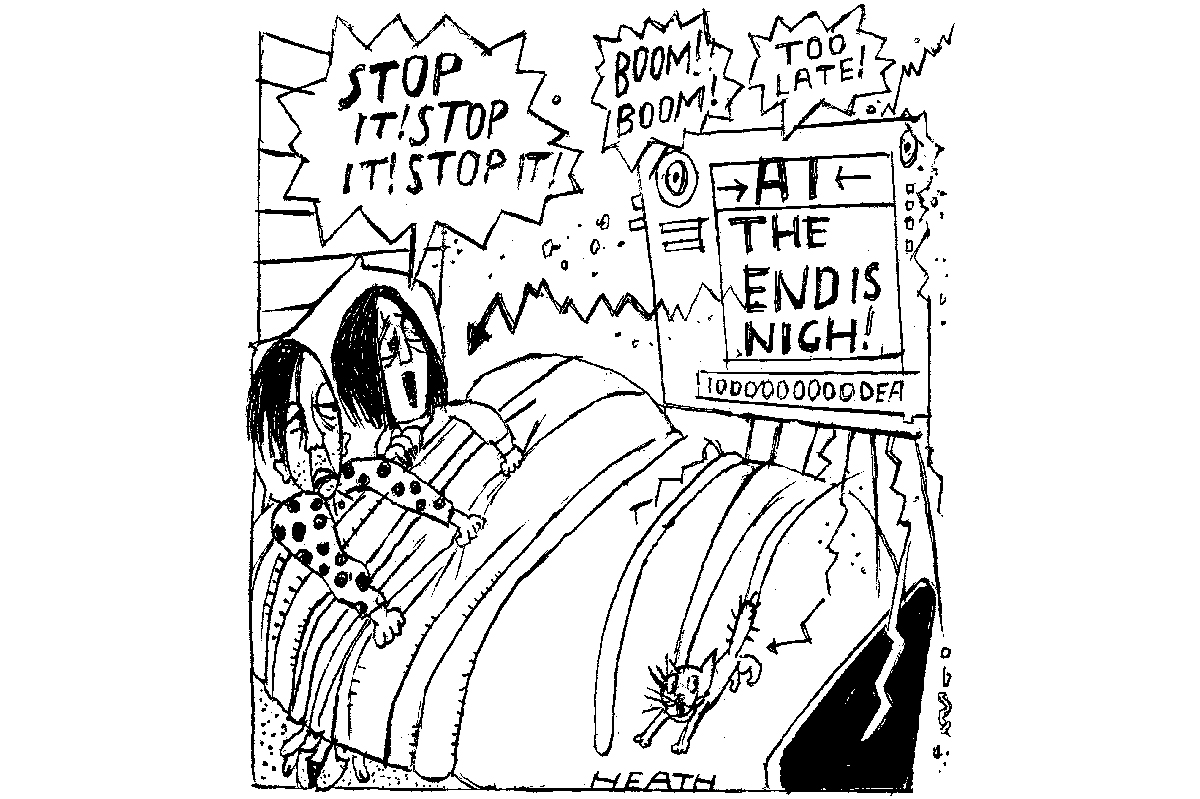

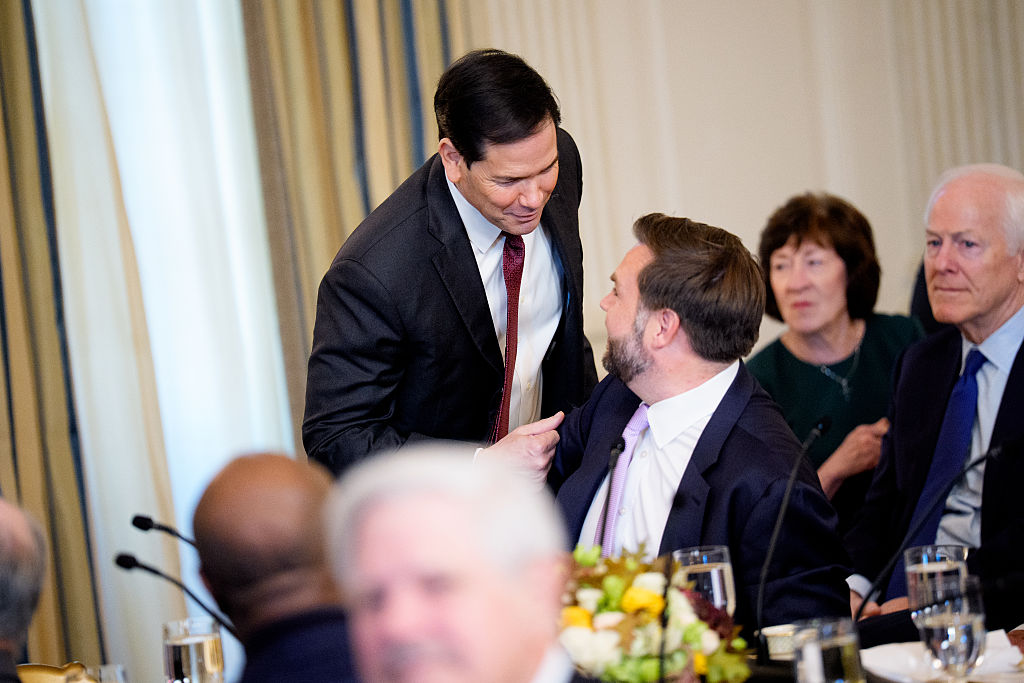









Leave a Reply